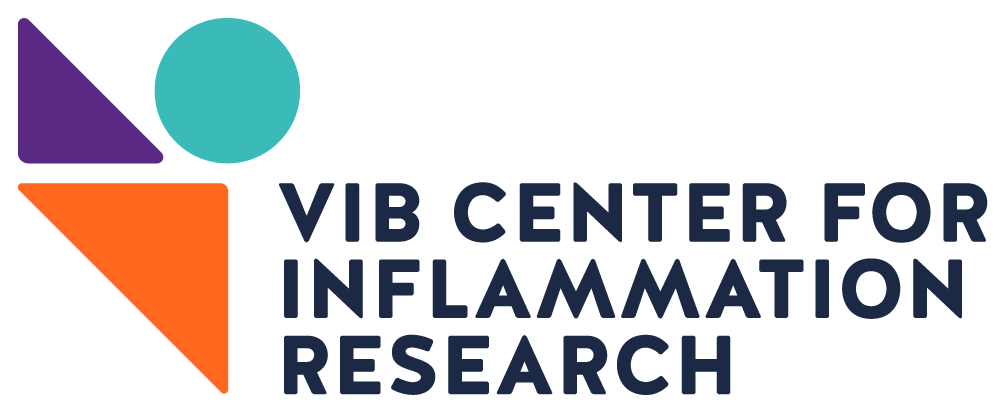
In vivo mechanisms of (auto)inflammatory pathology
Our research aims to understand the in vivo mechanisms by which chronic inflammation drives (autoimmune) pathology. One major focus concerns the molecular mechanisms by which the transcription factor NF-κB and the inflammasome signaling complex control inflammatory and cytotoxic responses. For these studies we use transgenic mice as a model to study gene function in vivo, both through Cre/LoxP-mediated gene targeting allowing tissue-specific gene deletion, and through CRISPR/Cas technology to introduce specific gene mutations. Our transgenic mouse lines are studied in several mouse models of chronic inflammatory pathology (including models for inflammatory bowel disease, rheumatoid arthritis, hepatitis, multiple sclerosis, infectious diseases and auto-inflammatory disorders) and models of inflammation-associated cancer, in order to identify and clarify the role of a specific gene or pathway in disease development.
Areas of Expertise
- Innate immune signalling
- Mouse gene targeting and development of mouse models of inflammatory disease
Technology Transfer Potential
- Novel mouse models for inflammatory diseases
- Therapeutic targets in inflammation and autoimmunity
Selected publications
- van Loo, G. & Bertrand, M. J. M. Death by TNF: a road to inflammation. Nat Rev Immunol 23, 289-303 (2023). Visit ➚
- Hoste, E. et al. OTULIN maintains skin homeostasis by controlling keratinocyte death and stem cell identity. Nat Commun 12, 5913 (2021). Visit ➚
- Catrysse, L. et al. A20 deficiency in myeloid cells protects mice from diet-induced obesity and insulin resistance due to increased fatty acid metabolism. Cell Rep 36, 109748 (2021). Visit ➚
- Slowicka, K. et al. Zeb2 drives invasive and microbiota-dependent colon carcinoma. Nature Cancer 1, 620-634 (2020). Visit ➚
- Martens, A. et al. Two distinct ubiquitin-binding motifs in A20 mediate its anti-inflammatory and cell-protective activities. Nat Immunol 21, 381-387 (2020). Visit ➚
Bibliography
- Full bibliography Visit ➚

Mucus produced by intestinal goblet cells prevents bacterial adhesion in the colon
